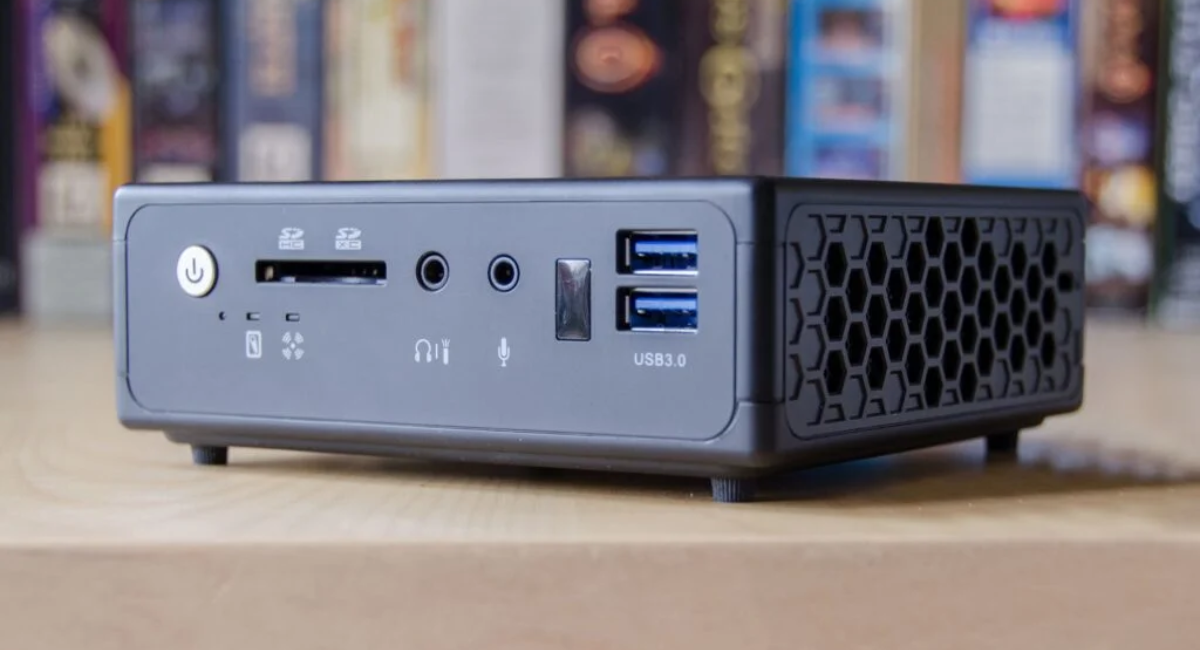Mini PCs, also known as small form factor (SFF) computers, have gained popularity due to their compact size and versatility. These pint-sized powerhouses offer a space-saving solution without compromising performance. In this article, we will explore the world of mini PCs, discuss common issues that may arise, and provide insights into repairing and customizing these compact systems.
Understanding Mini PCs:
Mini PCs are small, self-contained computer systems that pack the essential hardware components into a compact form factor. They typically feature a smaller footprint compared to traditional desktop towers, making them ideal for users with limited space or those who prefer a minimalist setup.
Common Repair and Customization Considerations:
- Power and Connectivity Issues: Like any computer system, mini PCs can experience power-related issues or connectivity problems. Ensure that the power supply unit (PSU) is functioning correctly and that all cables are securely connected. Additionally, check the connectivity of peripheral devices such as monitors, keyboards, and mice.
- Thermal Management: Mini PCs may face challenges in thermal management due to their compact size and restricted airflow. Ensure proper cooling by cleaning dust from the system’s vents and fans. Consider upgrading the CPU cooler or adding additional case fans for improved heat dissipation if necessary.
- Memory and Storage Upgrades: Mini PCs often provide limited space for memory (RAM) and storage. When upgrading these components, ensure compatibility with the mini PC’s form factor and specifications. Consult the manufacturer’s documentation or seek professional assistance if needed.
- Expansion and Customization: Despite their compact size, many mini PCs offer expansion options. Check the available expansion slots, such as M.2 slots or SATA connectors, to determine compatibility with additional storage drives, graphics cards, or network adapters. Consider the power and thermal constraints before making any customizations.
- Software and Driver Updates: Regularly update the operating system, drivers, and firmware of your mini PC to ensure compatibility with the latest software and to address any known issues. Check the manufacturer’s website or support forums for the latest updates specific to your mini PC model.
- Professional Assistance: If you encounter complex issues or feel uncomfortable performing repairs or customizations yourself, it is recommended to seek professional assistance. Certified computer technicians or mini PC specialists have the knowledge and expertise to diagnose and resolve intricate problems effectively.
Conclusion:
Mini PCs offer a compact and versatile computing solution for various needs. By understanding common issues and following the necessary repair and customization considerations, you can optimize the performance and functionality of your mini PC. Remember to exercise caution when handling sensitive components, and if unsure, consult the manufacturer’s documentation or seek professional help to ensure a successful repair or customization process.




Leave a Reply